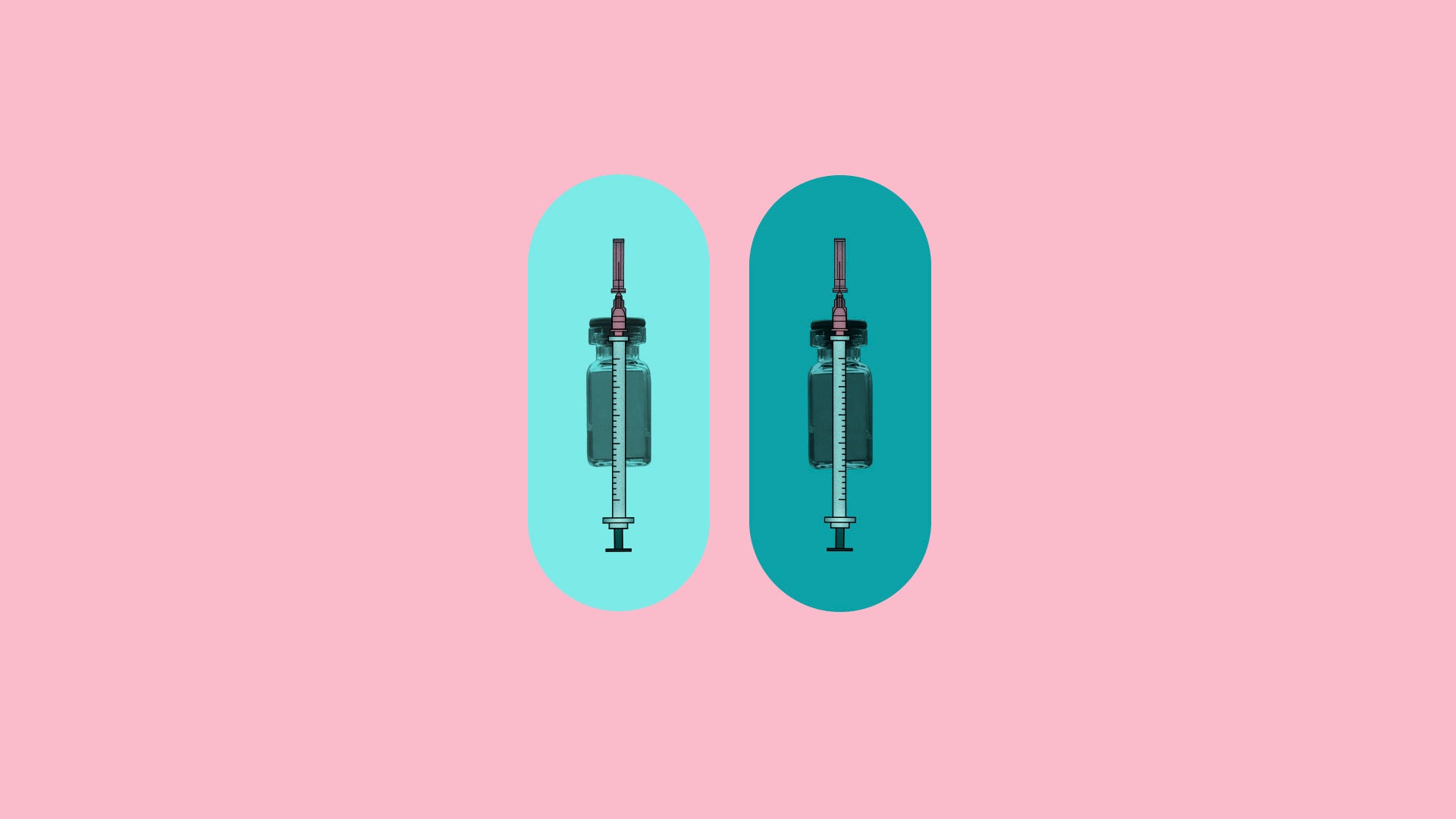Can I get the Covid vaccine and flu jab at the same time?
Health officials say it’s fine to get your Covid vaccine and flu jab at the same time

Can I get the flu and COVID-19 vaccines at the same time?
Yes, you can get the shots in the same visit.
When COVID-19 vaccines were first rolling out in the U.S., the Centers for Disease Control and Prevention recommended waiting 14 days between the shots and other immunizations as a precaution. But the agency has since revised its guidelines and says the wait is unnecessary.
The CDC and other health experts point to past experience showing that vaccines work as they should and any side effects are similar whether the shots are given separately or in the same visit.
“We have a history of vaccinating our kids with multiple vaccines,” says flu specialist Richard Webby of St. Jude Children’s Research Hospital.
Staying up to date on all vaccinations will be especially important this year, experts say.
Since people were masked and staying home, last year's flu season barely registered. This year, it's unclear how intense the flu season will be with more places reopening.
“The worry is that if they both circulate at the same time, we’re going to have this sort of ‘twin-demic,'" Webby says. “The concern with that is that it’s going to put extra strain on an already strained health care system.”
The CDC recommends an annual flu vaccine for everyone 6 months and older, and says ideally everyone should be vaccinated by the end of October. It takes 10 to 14 days for the flu vaccine to take full effect so if you wait until the flu begins circulating, your body may not have time to build up protection. Vaccine options vary by age but include several types of shots or a nasal spray version.
One caution: COVID-19, colds and flu all share similar symptoms so if you feel ill, the CDC says to postpone a vaccination appointment until you're better to avoid getting others sick.
___
The AP is answering your questions about the coronavirus in this series. Submit them at: FactCheck@AP.org. Read more here:
Am I fully vaccinated without a COVID-19 vaccine booster?
Is the delta variant of the coronavirus worse for kids?
What can employers do if workers avoid COVID-19 vaccines?
Bookmark popover
Removed from bookmarks